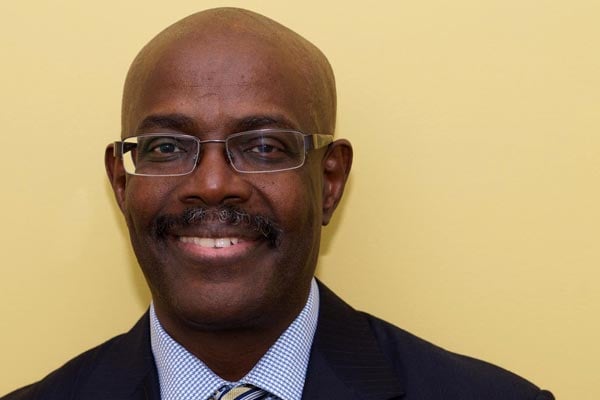Prime
In Kenya, the ‘electoral process’ matters

Author, Augustine Bahemuka. PHOTO/FILE/COURTESY
What you need to know:
Kenyans were deliberate and intentional in drafting the new constitution by expressing their will to adopt it
The manner in which August 9, polls were conducted in Kenya has attracted great admiration from many in the region and beyond, particularly Ugandans, 75 percent of whom have probably not experienced elections leading to transition of political regimes.
I have also heard some critique from different pockets of people, including politicians, poking holes in Kenya’s elections. This is in order because Kenya is not a perfect country; however, there is considerable evidence of a country that is making bold steps towards more polished democratic processes and praxis.
My reflections about the General Election draw me back to two landmark events that occurred in Kenya: promulgation of the Constitution of Kenya (2010) and Supreme Court’s nullification of the 2017 presidential election. The new constitution was borne out of the post-election violence that erupted after the 2007 General Election. It was a critical action point in the power-sharing deal orchestrated between President Mwai Kibaki and his then opponent Raila Odinga.
An overwhelming fraction of Kenyans voted to have a new constitution, which was then promulgated in August 2010 at an event that attracted different heads-of-state including our good President.
One principle attribute introduced by the new constitution was delimitation of the arms of government. Henceforth, the roles of the executive, judiciary and legislature were well elaborated and stipulated. There is indeed credible evidence of non-interference and independent decision-making among the three arms albeit some drawbacks.
One of the most significant indications of delimitation was that individuals elected into political hierarchies cannot be appointed to the executive as Cabinet Secretaries. This arrangement, which could certainly be a game-changer in Uganda’s politics, ideally streamlines service delivery to the citizenry.
Members of the executive are focused on driving the government agenda of development; whereas the legislature focuses on discussing issues affecting the people they represent. It is even more impressive for members of the executive who express interest in electoral offices towards elections: they are mandated to tender their resignations to the president six months before the polling day. Wow! This is evidence of a country that learnt from its dark political history and made deliberate and intentional decisions to move forward.
In 2017, Raila Odinga petitioned the results of the presidential elections in court, which had pitted him closer to incumbent president Uhuru Kenyatta. The final ruling of Kenya would later demonstrate the true character of the new constitution.
Chief Justice David Maraga, then president of the Supreme Court, ruled that the presidential election result was “invalid, null and void” because the manner in which Independent Electoral and Boundaries Commission (IEBC) had conducted the election was not consistent with the dictates of the new constitution.
In his wisdom, the Chief Justice maintained that an election is not an event, but rather a process. Therefore, irregularities and illegalities pertaining to the electoral process can affect the integrity and legitimacy of the elections. For instance, IEBC failed to transmit results electronically from all the polling stations to the national tallying centre simultaneously with the tally forms; and even then, some of the forms submitted to the Supreme Court for scrutiny lacked authenticity features. Some analysts have attributed the long wait in announcing final results of this election to the hard-learned lesson of the IEBC: the process and manner in which the election is conducted matters in Kenya.
Over and above our admiration of the electoral process that we have observed, what lessons can we learn as a country? How do we implement these lessons and even more? As indicated in this article and elsewhere, Kenyans were deliberate and intentional in drafting the new constitution by expressing their will to adopt it.
This long and tough journey was steered by the land’s intelligentsia: civil society, academics, politicians, diplomatic quo, and religious leaders whose role I will demonstrate next week. Looking back at our general elections in February 2021, I see a country that is so thirsty for changes similar, not necessarily the same, as those of our neighbour bordering east. Which better gift would the NRM offer to this Uganda age than paving the way for this much-needed change?
Mr Augustine Bahemuka
Commentator on issues of peace and society




